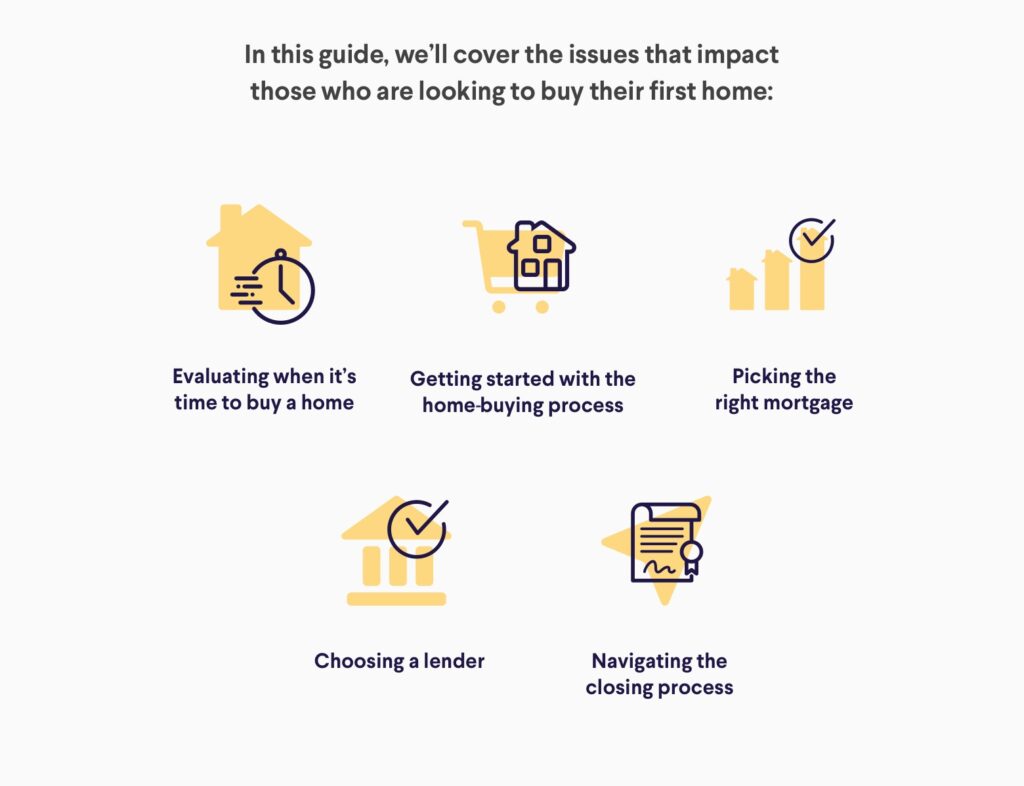
Master the Home Buying Process: A Guide for Beginners
Understanding the Real Estate Market
First-time homeowners may find the real estate market intimidating. Researching market trends and familiarizing yourself with current housing prices in your desired area is essential. Markets can vary drastically; what you encounter in one city might be completely different from another. The National Association of Realtors states market trends can differ significantly between locations. Therefore, it’s essential to understand local dynamics. Sites like Realtor.com also provide valuable insights and data on market conditions. For instance, if you’re looking at homes for sale in Hickory NC, you’ll want to understand the specific market conditions in that area to make an informed decision. You may avoid overpaying and create reasonable expectations with this knowledge.
Setting a Realistic Budget
Home Buying Process:
- Create a realistic budget by evaluating your income, debts, and living expenses.
- Use mortgage calculators to estimate your budget.
- Consider additional fees like property taxes, insurance, maintenance, and utilities.
A detailed budget helps you focus on properties within your price range and promotes responsible spending habits. This will ultimately benefit your finances and promote responsible spending habits.
Getting Pre-Approved for a Mortgage
Pre-approval for a mortgage is a crucial process that assesses a borrower’s financial health, including credit score, income, and debts. It helps identify potential issues and allows for better decision-making. This process streamlines home searches and buying processes, giving a competitive edge in tighter markets. It also enables buyers to know their borrowing capacity, enabling them to make a more informed offer.
Finding the Right Real Estate Agent
A knowledgeable real estate agent may be your most valuable ally when navigating the complicated market. Look for someone experienced in your target area who understands your unique needs. An experienced agent can offer insights into neighborhoods, market trends, and future resale values you might need to consider. Use their expertise to navigate negotiations, paperwork, and buying processes effectively. They can also provide access to listings not yet on the market and have established relationships with other professionals like mortgage brokers and inspectors. A competent realtor will pay close attention to your demands, exercise patience, and offer reliable guidance, significantly reducing stress and increasing efficiency during home-buying.

The Importance of Home Inspections
Never skip a home inspection. To make sure you make a wise purchase, a professional inspector may identify possible problems that might be obscure to the untrained eye. A thorough inspection covers structural components, roofing, plumbing, electrical systems, and more. Discovering significant issues after purchasing a home can lead to unexpected costs and headaches, so it’s better to address them beforehand. For more on the importance of home inspections, visit Forbes’ real estate section. This step can help avoid future expenses and give you peace of mind about your purchase. If the inspection reveals serious problems, you may even back out of the deal and negotiate repairs with the seller to ensure you have a safe and sound house.
Making an Offer
Making a home offer requires strategy and market understanding. With your real estate agent, you will write a competitive bid that satisfies the market worth of the property as well as your price range. Negotiations may occur, so stay flexible and consult your agent. Consider contingencies like a successful home inspection or appraisal. Your agent’s experience helps structure an offer that appeals to the seller while maintaining your best interests.
Closing the Deal
The closing process involves signing numerous documents and paying various fees, ranging from loan origination fees to title insurance. To ensure everything goes as planned during this often complicated phase, rely on your real estate agent and potentially a real estate attorney. Understanding closing costs and procedures ahead of time can prevent last-minute surprises and streamline the final stages of your home purchase. Before signing, be sure you have read and comprehended the paperwork. This is also the time to complete all agreed-upon repairs and improvements. Proper preparation and attention to detail during the closing process can make the transition to your new home seamless and more enjoyable.
Key Takeaways about Home Buying Process
- Essential steps to successfully navigate the real estate market as a first-time homebuyer.
- Practical advice on budgeting, seeking professional help, and closing the deal.
- Tips on making an informed decision and avoiding common pitfalls in homebuying.
Post-Purchase Tips
Maintaining your home’s value is crucial after closing the deal. Perform seasonal maintenance, consider future resale value, and consider upgrades like kitchen or bathroom updates. Stay informed about local real estate market changes to protect your investment and enjoy your new home for years. Regular maintenance and intelligent upgrades can make your home a valuable asset in the long run.





